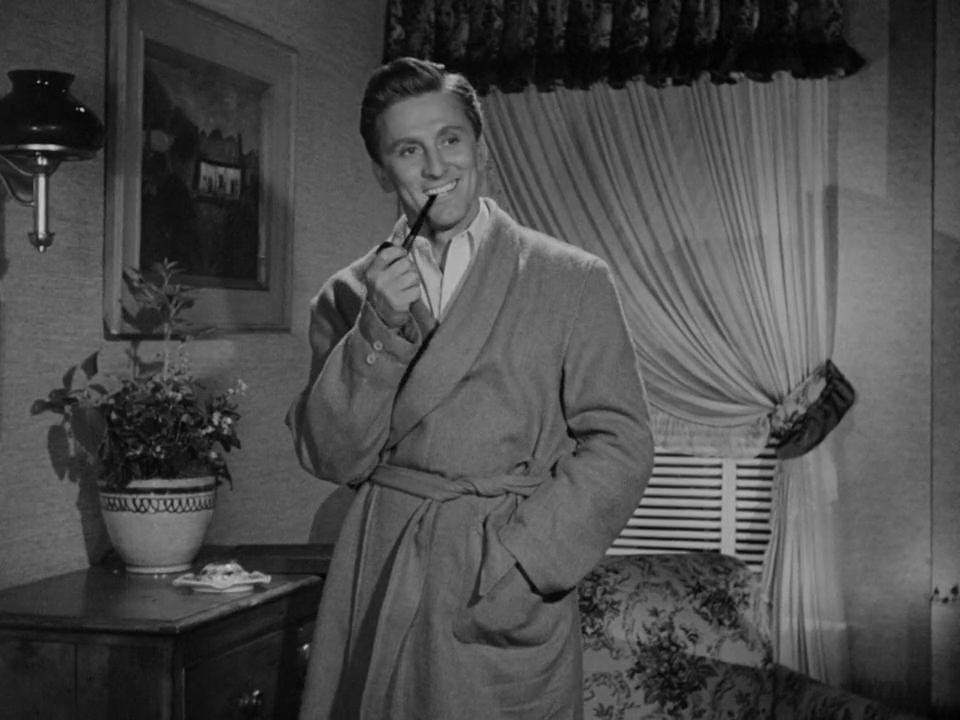Commentary
Across the United States, the new school year is starting up. Throughout the country, teachers are returning to their classrooms, preparing for another year acting as policemen, correctional officers, and, when possible, instructors. Despite the sad state of the public school curriculum, many American teachers are sincerely passionate about helping the next generation learn and grow.





